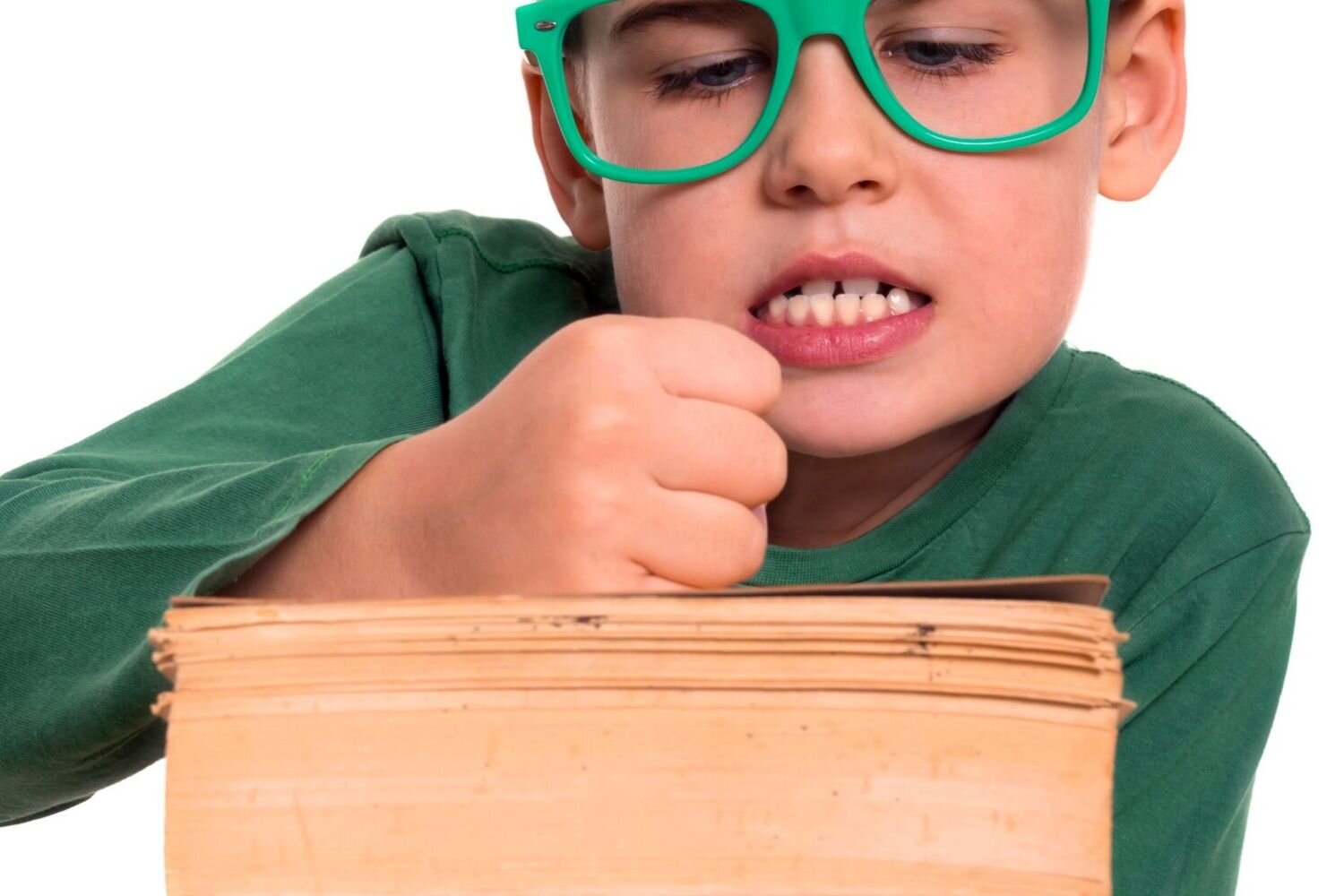Why You Should Say No to Extra-Curricular Activities
/Do you like having too much to do; running here and there with no time to catch your breath?
I don't either, yet, isn't this what we do to our children? We over-schedule them.
We run Tommy to soccer practice, Anna to ballet, Joseph to swimming lessons, and then Tommy to his reading tutor, Anna to her riding lessons, and Joseph to his playgroup.
All this after everything the kids have to do, including chores and school / homeschool work.
It becomes a full day for everyone; you're exhausted, your kids are tired, and yet the extra-curricular activities continue because that's what everyone does today.
We over schedule our children and fail to recognize the implications of making extra-curricular activities a priority in our family's life.
Let's look at the consequences of hyper-scheduling our kids.
Stress levels increase for everyone
No one has leisure time to pursue the simple pleasures in life
Family time is compromised
Skipped Family Meals
The energy expenditure leaves everyone exhausted
It's stressful to always be on the go. Our minds and our bodies crave and need downtime when we can relax and experience life at a slower pace. Children's needs aren't any different.
Why Leisure Time Matters More
Hobbies
Children need leisure time to use their creative minds to learn how to entertain themselves with hobbies like needlepoint, knitting, collecting stamps, or building model airplanes.
Social Skills
Leisure time also allows children to go outdoors and play with the neighborhood kids or visit a friend, both of which are crucial to developing excellent social skills.
And sometimes, like us, a child just wants to lie down and read a book.
Read a Book
There are a lot of reasons why children don't read today, but is one of them because they haven't had enough leisure time to develop the habit of reading?
Family Time
When each child has different extra-curricular activities, there's little time for shared activities as a family.
If you're rushing to get Anna to ballet, you have no time for an afternoon reading with your children or taking them to the park in the afternoon.
Your family life begins to take place around extra-curricular activities; in other words, family life is not a priority for your family; extra-curricular activities are.
Lack of Energy
Some children need more downtime than others. The over-scheduling of their day can result in fatigue and a loss of enthusiasm.
Skipped Family Meals
Often the extra-curricular activities take place in the evenings leaving no one home to cook or serve a family meal. Consequently, the family eats with dad while you rush Tommy to soccer practice.
Putting It into Perspective
What's more important at the end of the day?
When your children are grown and gone, will it be that Tommy was a good soccer player or that your child was a responsible and active member of your family and that your family shared a close bond?
The latter is vital to everyone's well-being especially your children. Instead of over-scheduling them, let them each take one class, don't let it interfere with meal times or weekend activities, and make sure your children have enough leisure time to figure out what they enjoy doing, what they're good at, and ultimately, who they are.
Let them unwind, gather their thoughts, settle their minds, and have enough time to replenish their energy and be ready to get up the next day and do it again.
With enthusiasm, not dread.
How to Raise a More Intelligent Child and an Excellent Reader, free guide and book list with over 80+ carefully chosen titles.
Join the Smart Homeschooler Academy to learn how to give your child an elite education at home.
Elizabeth Y. Hanson is a Love and Leadership certified parenting coach with 17 years experience working in children’s education. She has two successfully homeschooled children in college.




















































